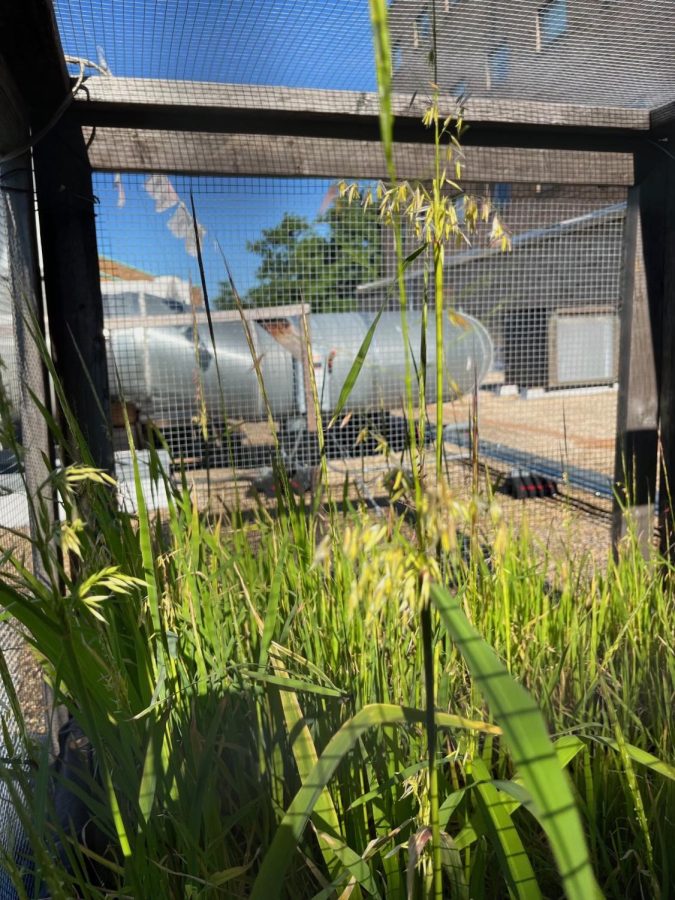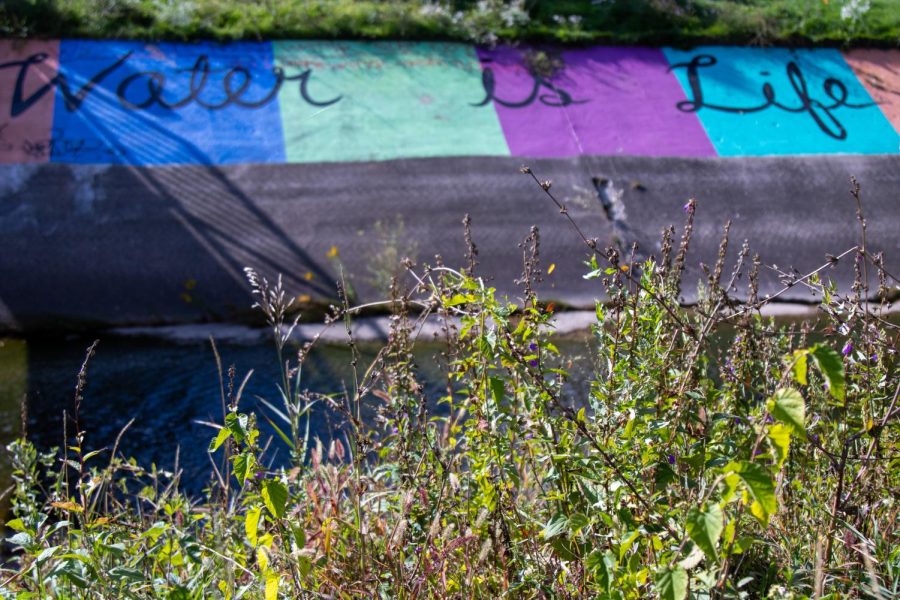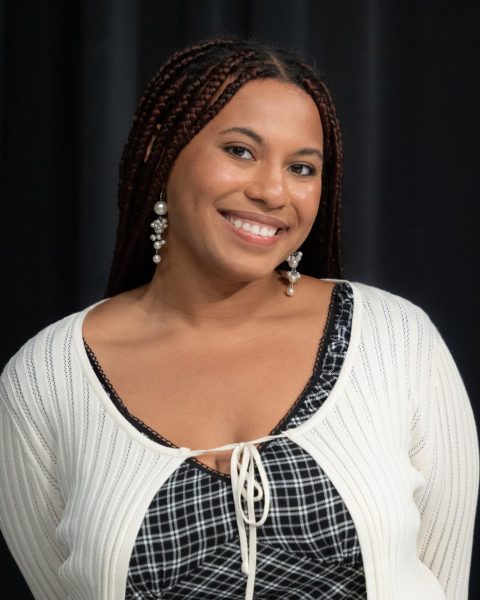Despite all the research and recognition Marquette’s Indigeneity Lab has produced over the last two years, students and faculty have been working on a year-to-year basis, not knowing if funding would be available for future endeavors.
Marquette’s Indigeneity Lab has been a contributor in faculty-mentored research on campus since its conception on Indigenous people’s Day in 2020. Students from the lab have collaborated with staff members to help create historical archives of Indian Boarding Schools, virtual tours of Milwaukee’s Indigenous cites sites and research on the growth of wild rice in Milwaukee.
“Funding involves a mix of sources: philanthropic support from the Joerres Family Current Use Fund for Experiential Learning, budget and staffing support from the Office of the Provost and the Office of Institutional Diversity and Inclusion, and grants,” said John Su, vice provost for Academic Affairs and faculty member of the Indigeneity Lab, said in an email.
The lab conducts research over the summer, giving students researchers stipends to help fund their stays in Milwaukee.
“I would say that the majority of our funding goes directly to undergraduate students. Last summer, we had a total of six students that we were able to fund,” Samantha Mahjor, a professor of English and faculty member of the Indigeneity Lab, said.
However, after receiving a yearly fund from the Joerres Family Fund, provided to them by Marquette alumni Jeff and Sarah Joerres, the lab is now able to function on a steady basis.
“From a faculty perspective, the one word I would use is relief, to know that we don’t have to worry about getting shut down after each summer. Up to this point, we were going year-by-year, but now we at least have some sustainability for the students for the future,” Bryan Rindfleisch, a professor of history and faculty member of the Indigeneity Lab, said.
However, Rindfleisch did also express worry regarding the future expansion of the lab.
“The problem then becomes if we want to include more students, it means smaller stipends, which is not competitive with summer work. For long-term sustainability then, the Lab may need to look elsewhere for more financial support,” Rindfleisch said.
The Indigeneity Lab has been constantly expanding since its creation, recently having launched a website to increase its visibility and hopefully help with future expansion.
“We have opportunities that expand beyond the capacity of our funding and our personnel. At the moment, where we go from here really depends on if we can grow that infrastructure, and that means looking at bigger issues of hiring at Marquette,” Mahjor said.
As of now, Mahjor is the only indigenous faculty member employed by Marquette University. As such, she expressed the importance of the Indigeneity Lab through her lens.
“I think it is very hard for native and indigenous students to find each other on campus because we tend to represent such a small population, so this project brings us together in ways that we don’t always have opportunities for,” Mahjor said.
Madison Black, a junior in the College of Arts and & Sciences and student researcher at the lab, described the importance of the program.
“Having such a small Native community on campus, initially it can be tough to get connected with other natives. However, the Indigeneity Lab helped me make more native friends and got me in touch with supportive staff and faculty who truly care about my history,” Black said.
However, Rindfleisch states that there is still a lot of work to be done, both inside and outside of the Lab.
“The last thing, but also something critically important, about the lab being an important part of Marquette is that it does not, nor should replace all the diversity, equity, and inclusion work that the university must still address and work toward,” Rindfleisch said.
This story was written by Clara Lebron. She can be reached at [email protected]










